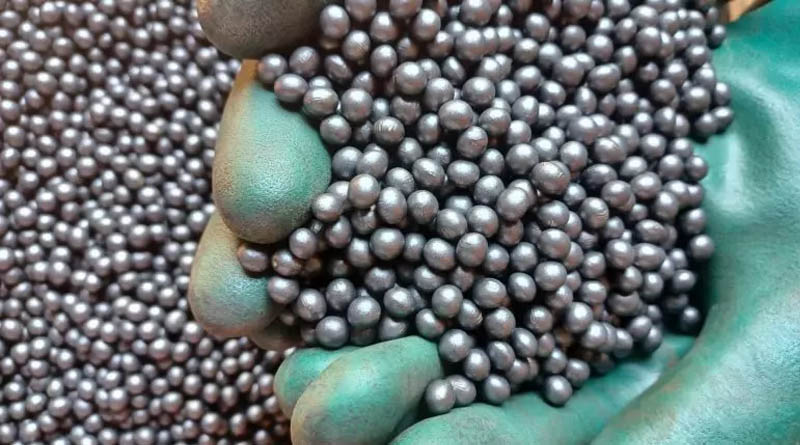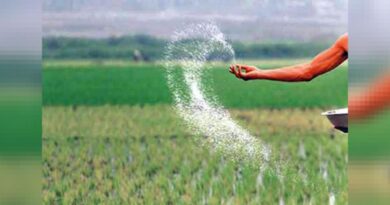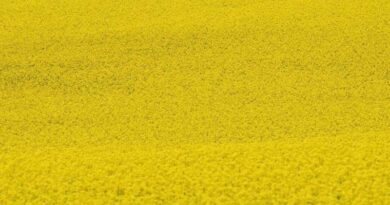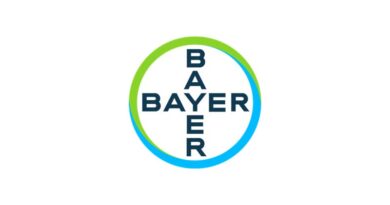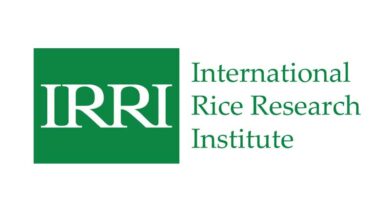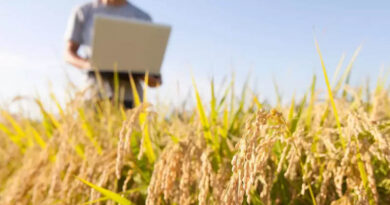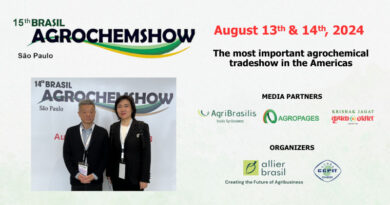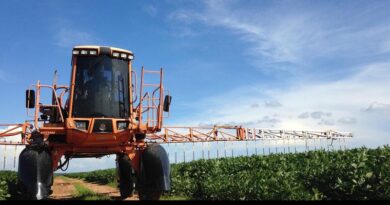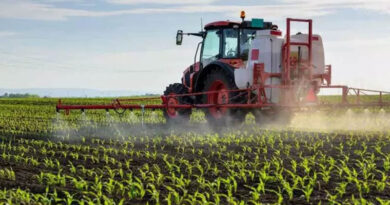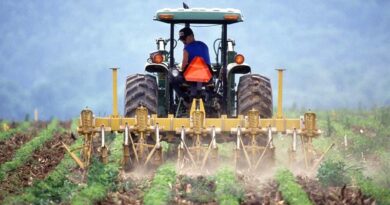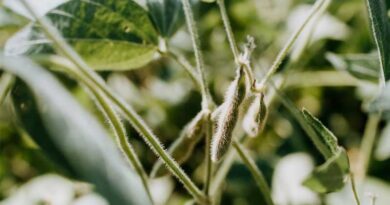Preserving Seed Quality Is One of the Seed Sector’s Biggest Challenges in Brazil
21 March 2024, Brazil: “This is one of the biggest challenges in the seeds market: harvesting, processing and, for an average period of nine months, preserving and guaranteeing seed quality…”

Neusa Lopes is the CEO of Girassol Agrícola, a specialist in business management from Fundação Dom Cabral, and a postgraduate in finance from Fundaçao Getúlio Vargas.
Eurico Santos is the Seeds Production Unit manager at Girassol Agrícola, graduated in agronomy from the State University of Mato Grosso.
AgriBrasilis – How is the market for high quality seeds behaving?
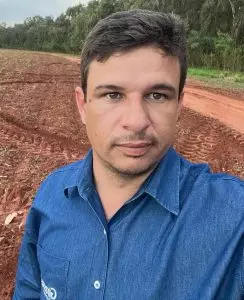
Eurico Santos – Seed quality has become a basic item for the market in which we operate. When purchasing seeds from a reputable company that is a reference in the market, the farmer already expects a differentiated product, which meets all production and storage standards, both in physical and physiological quality.
Today, what has been competitive in the market, in addition to quality, is the experience offered to the customer, such as on-time delivery, material and volume purchased in the order, monitoring and technical support.
AgriBrasilis – What were the dynamics of seed prices in 2023? What most defined the market last year?
Neusa Lopes – Girassol Agrícola operates in ten soybean-farming States, where price competitiveness and the entry barrier stimulated high fluctuations during 2023, a challenging year, where the exchange ratio had strong changes.
We aim at farmers who believe and invest in quality and technology to harvest more, regardless of commodity prices. And with a structure/plan in place, this ends up protecting us from accepting some relationships that are not win-win.
AgriBrasilis – What makes a seed be considered high-tech? Are these seeds more resistant to storage?
Eurico Santos – The high-tech seed carries a package of solutions and gives the farmers viable options to manage their areas, and meet the different scenarios and strategies within their property. As for storage, there is no influence of the technologies currently present on seeds with a direct effect on this process. Of course, extreme care and control is necessary, but, in my opinion, the initial quality of the product, the fact that the seed leaves the farm in good condition, allows for long storage without damaging the product.
“This is one of the biggest challenges in the seeds market: harvesting, processing and, for an average period of nine months, preserving and guaranteeing seed quality…”
AgriBrasilis – How is it possible to preserve seed quality during transport and storage?
Eurico Santos – This is one of the biggest challenges in the seeds market: harvesting, processing and, for an average period of nine months, preserving and guaranteeing seed quality. Today, one of the most used strategies to minimize losses during storage and transportation is thermal control, with the adoption of cold chambers in production units. This way, it is possible to control temperature and humidity during storage.
Furthermore, for transportation, the use of white tarps has been an alternative to reduce the temperature of the cargo during transportation, preserving the quality until delivery to the customers.
AgriBrasilis – What is the BAG ATI and what are its benefits?
Eurico Santos – BAG ATI is a tool developed to promote storage and maximum preservation of the initial quality of seeds. This is a system where the conventional bag gains an internal protection layer, called “Liner”, a seven-layer co-extruded plastic that provides barriers against gases and humidity, ensuring maximum conservation during the storage process, as well as in the farmers’ warehouses. Properties of this bag allow seeds to be isolated from the external environment, meaning that there is no exchange of gases and humidity.
When working in an isolated atmosphere, we mitigate external effects on the seeds, which reduce the metabolic process in order for the seeds to remain viable. In an environment isolated from these abiotic factors, we have greater safety and maintenance of maximum vigor and viability during the long storage process, guaranteeing greater performance.
AgriBrasilis – What is the impact of illegal seed production on the market?
Eurico Santos – With the production and sale of illegal, “counterfeit” seeds, the biggest loser is the farmer who purchases them. By making the decision to use a seed without proper origin, and genetic, technological and phytosanitary guarantees, the farmers put their entire operations at risk.
The success of establishing a crop begins at the seeds, no matter how large the investment in the area, with cutting-edge equipment, fertilization and a favorable climate. Without quality seeds and cutting-edge genetics, the maximum productivity of the production system is compromised.
AgriBrasilis – What are Girassol Agrícola’s plans for 2024?
Neusa Lopes – Girassol Agrícola is entering the next stage of its Balance Score Card (BSC) and invests in differentiation to strengthen its brand and its main business: the production and commercialization of seeds with sustainability and innovation. To support this strategy, the pillars of differentiation in the product and service portfolio are reinforced by intelligence, development and access structures, which converge and provide continuity to the long-term strategic planning.
Source: AgriBrasilis
Also Read: Best Agrolife’s Patented Product ‘Defender’ to Be Available for Indian Farmers From May 2024
(For Latest Agriculture News & Updates, follow Krishak Jagat on Google News)

